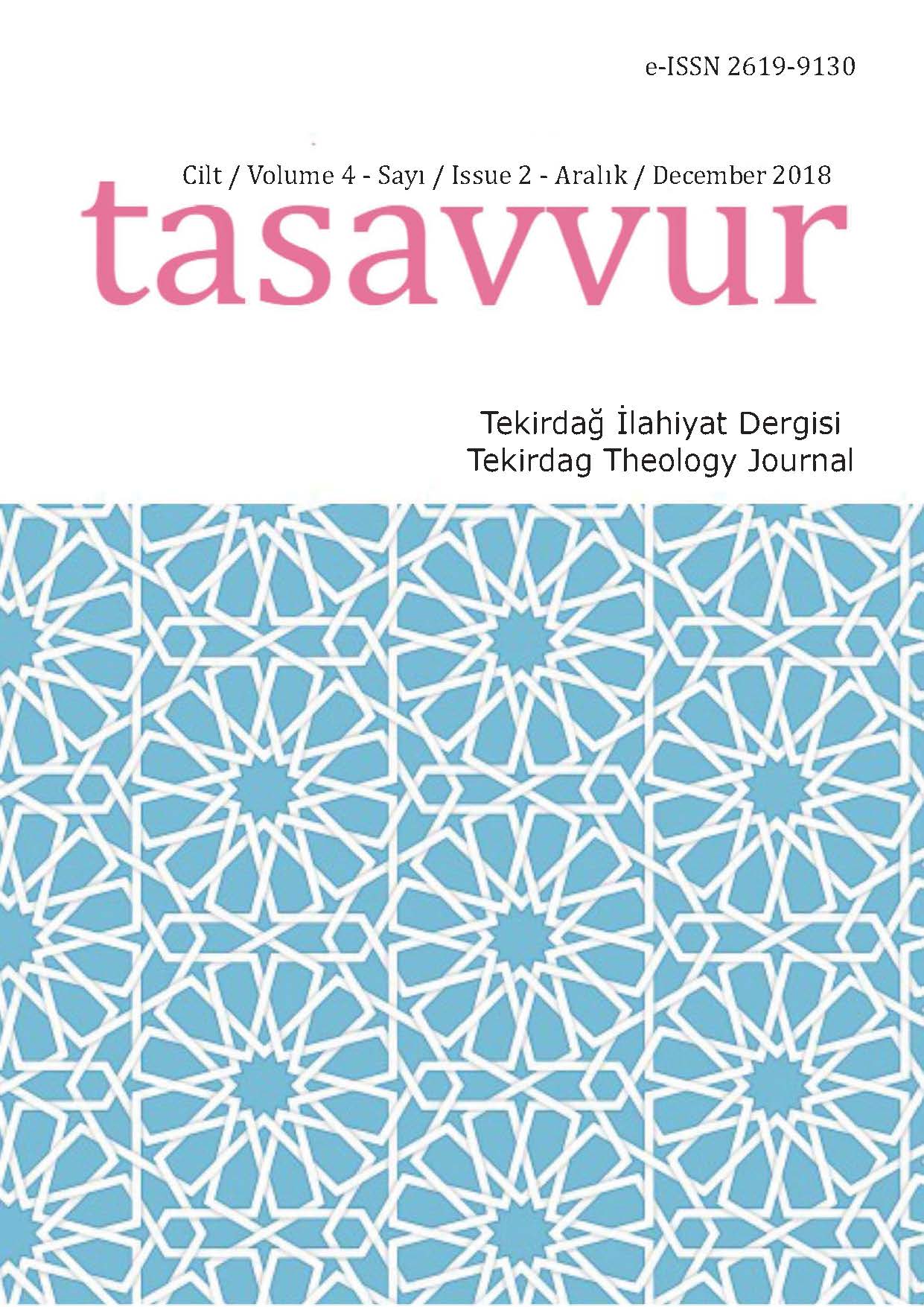Cessâs’ın Eserlerinde Büyük Günah Meselesi
The Problem of Great Sin in al-Jaṣṣās’ Works
Author(s): Ömer YilmazSubject(s): Law, Constitution, Jurisprudence, Theology and Religion, Islam studies
Published by: Tekirdağ Namık Kemal Üniversitesi İlahiyat Fakültesi
Keywords: Islamic Legal Thought; al-Jaṣṣās; The Great Sin; The General Term; Specialization of the Cause; Infallibilism;
Summary/Abstract: The political turmoil at the end of the period of Righteous Caliphs and in the early periods of the Umayyads had left the Islamic community facing factionalism and civil war. Accordingly, people have witnessed that the acts considered among the great sins such as assassination may be committed even by companions of the Prophet (pbuh). This situation brought the question on the status of believers who committed great sins in this World and in the Hereafter, to the agenda of scholars. The Kharijis and the Mu’tazila did not consider the person who committed A great sin among the believers. According to the Ahl al-Sunna and Al-Jaṣṣās, to commit a great sin does not cause the exclusion of the person from religion. Al-Jaṣṣās has taken into account the issue of great sin, when dealing with the issues of general term, specialization of the cause and infallibilism in diligence (al-ijtihād), since it constitutes the theological (Kalāmī) side of the subject. Although al-Jaṣṣās’ followed a line close to Mu’tazila in the aforementioned matters concerning the jurisprudence, he defended the view of Abū Ḥanīfah in his approach to the person who committed a great sin. His approach to the matter of great sin also clarifies the relationship between islamic law and Islamic thought.
Journal: Tasavvur Tekirdağ İlahiyat Dergisi
- Issue Year: 4/2018
- Issue No: 2
- Page Range: 760 - 783
- Page Count: 24
- Language: Turkish

